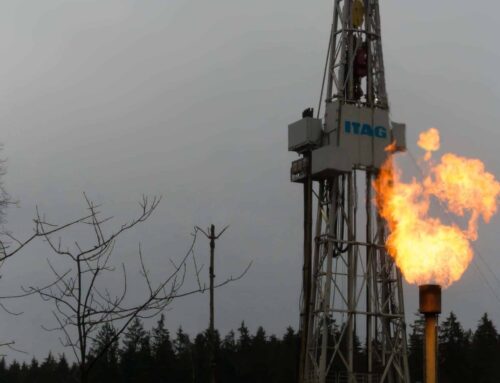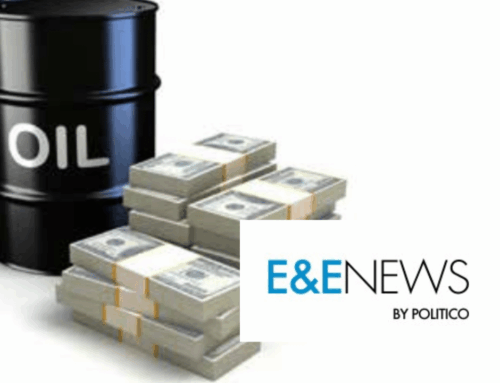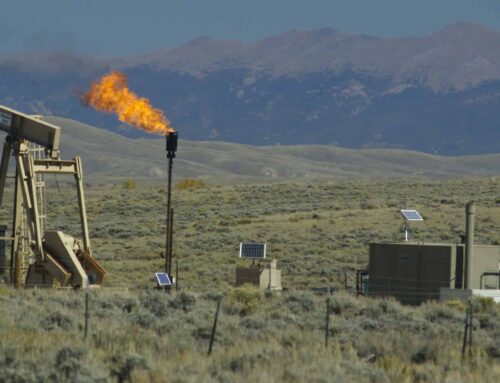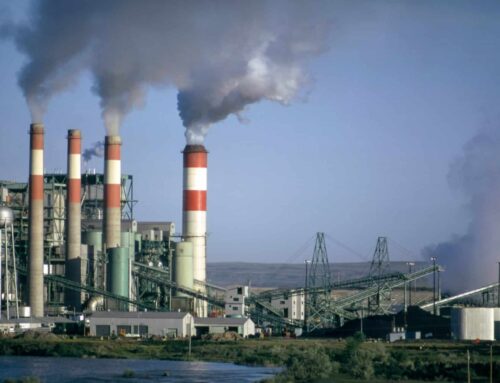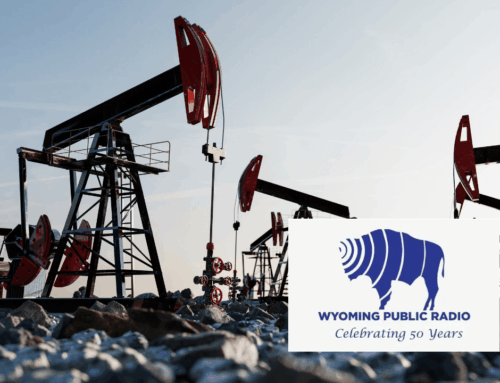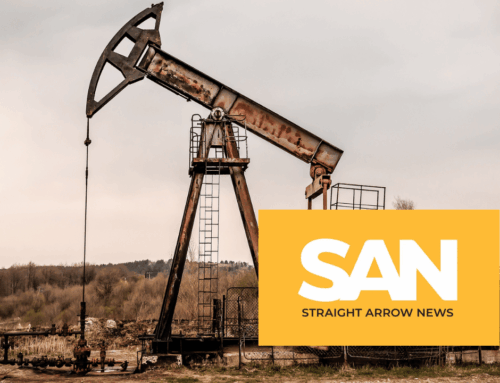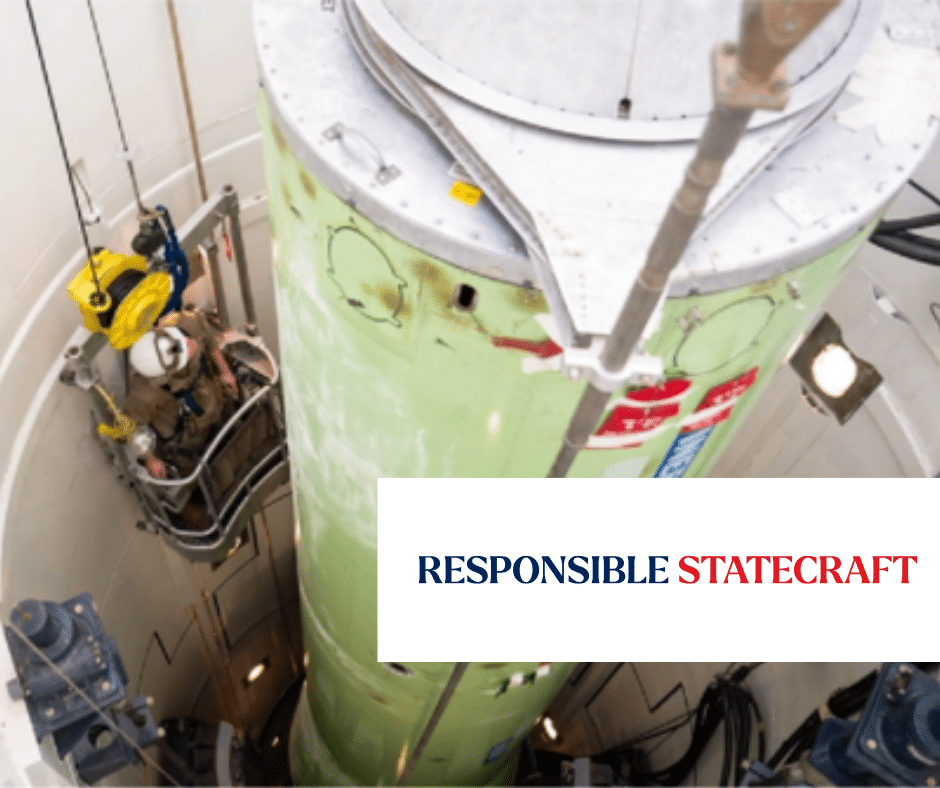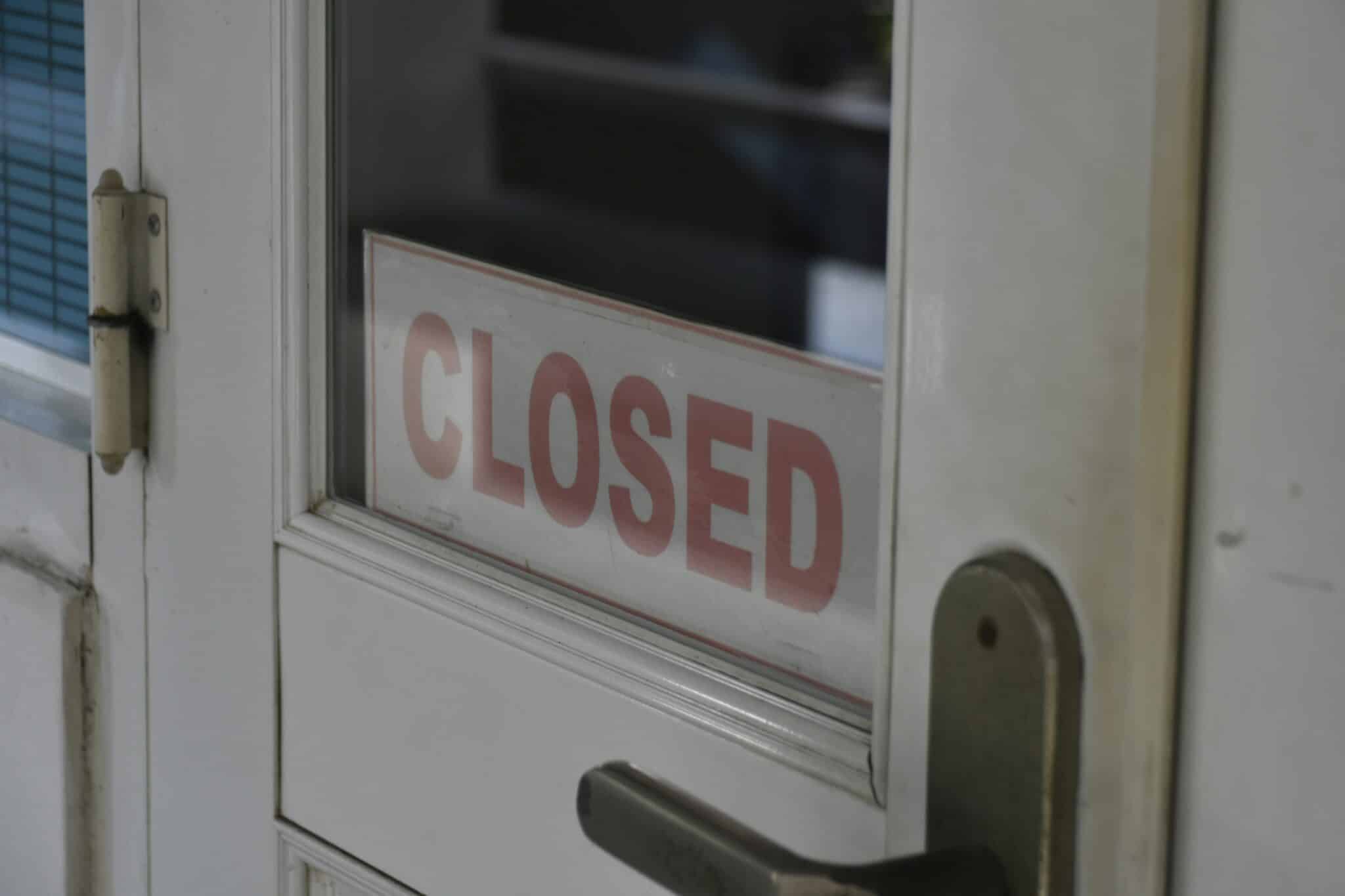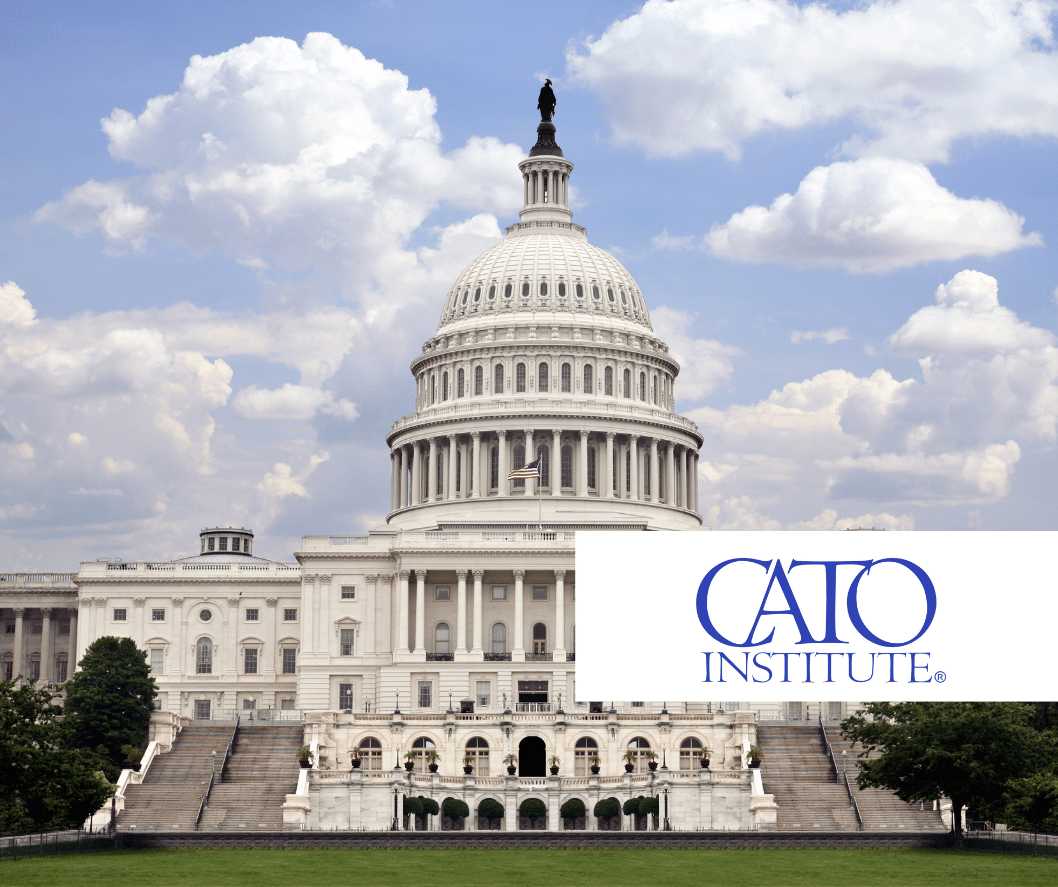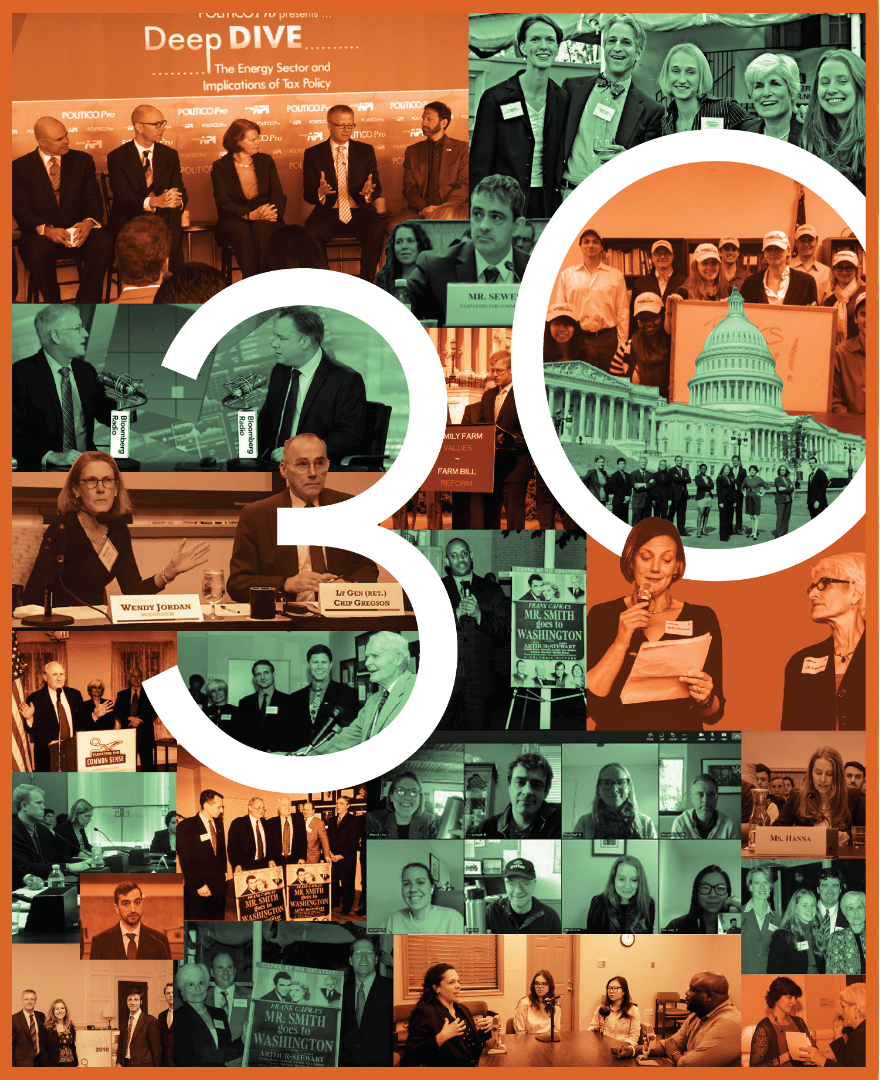Today Taxpayers for Common Sense (TCS) released Gas Giveaways, a new analysis that finds only 11 percent of all natural gas leaked, vented, or flared from 2007 to 2016 during oil and gas drilling operations on federal land incurred a royalty.
“Taxpayer dollars are literally going up in smoke. We are losing hundreds of millions of dollars in wasted natural gas, while oil and gas companies skirt royalty payments federal taxpayers are rightfully owed, as the federal resource owners,” said Ryan Alexander, president of Taxpayers for Common Sense.
In exchange for the right to produce publicly owned oil and natural gas from federal lands, the Department of the Interior collects various payments and fees from developers, including royalties on the sale value of the extracted oil and gas resources.
“The administration is proposing turning back the clock on methane waste by scrapping new policies that would help recoup taxpayer losses. Instead, the Department of the Interior is suggesting we revert to out of touch guidance written in 1979 — well before the recent natural gas boom,” continued Alexander.
Gas Giveaways comes on the heels of the Trump Administration’s release of a draft rule that would rescind the 2016 methane waste rule. The 2016 rule included policy changes to capture more leaked, vented, or flared natural gas and collect millions of dollars more in royalties for federal taxpayers each year. Methane is the primary component of the natural gas that is released during the drilling operations.
The report released today is Taxpayers for Common Sense’s third analysis in the last four years tracking royalty payments on natural gas that is lost during the production of oil and gas on public lands. The data is provided by oil and gas operators on federal lands and obtained by TCS through a Freedom of Information Act request to the Office of Natural Resource Revenues at the Department of the Interior.
“For years we’ve seen the growing problem of methane waste and taxpayer losses. It’s time to get serious and implement real changes in the way we manage our oil and gas operations so taxpayers receive the fair return they are due,” concluded Alexander.

